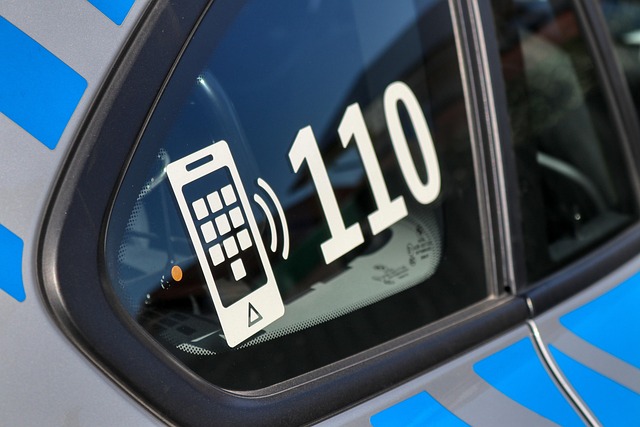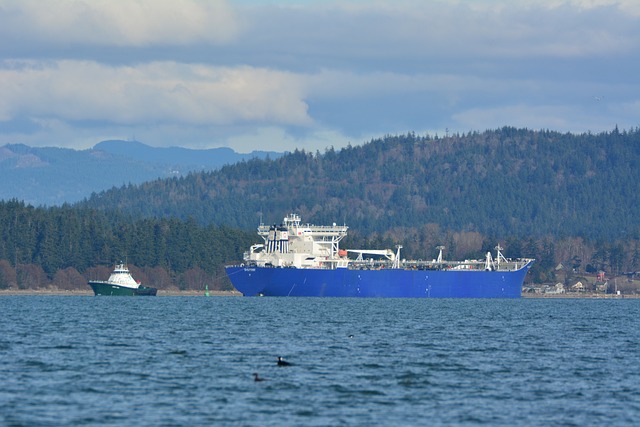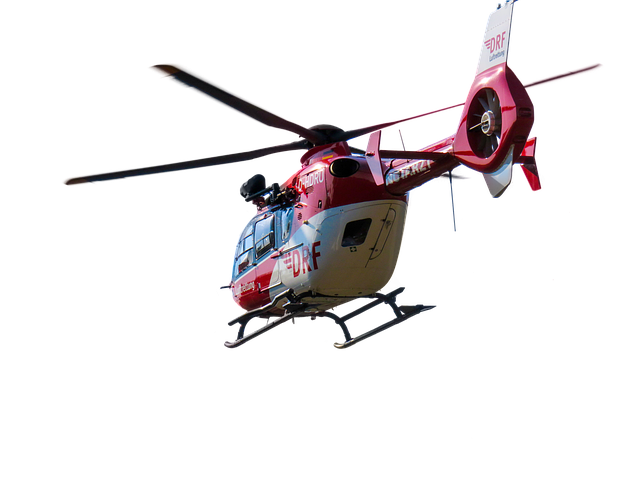Fire department rollover training enhanced through cargo tank training simulators offering realistic virtual scenarios for safe practice of emergency response strategies, improving firefighters' decision-making, communication, and team coordination without real-world risks. Interactive technologies revolutionize fire academy training, bridging theory and practice to save lives on the frontlines.
Fire academies are constantly seeking innovative methods to enhance firefighter training, ensuring they’re prepared for any emergency. One such game-changer is the cargo tank training simulator, designed specifically for fire departments’ rollover training needs. This immersive tool simulates realistic scenarios, allowing students to practice response strategies in a safe, controlled environment. By mastering skills in virtual cargo tank environments, firefighters gain confidence and proficiency in handling unpredictable events, ultimately improving their capabilities during real-world rollovers.
- Simulating Realistic Rollover Scenarios for Firefighters
- Enhancing Training: Virtual Cargo Tank Environments
- Safety First: Preparing for Unpredictable Events
- Interactive Learning: Engaging Fire Academy Students
- Mastering Skills: From Theory to Practical Application
Simulating Realistic Rollover Scenarios for Firefighters

Firefighters often face high-risk situations, and preparation is key to ensuring their safety. A cargo tank training simulator offers a cutting-edge solution for fire academies to simulate realistic rollover scenarios. These simulators allow trainees to experience the dynamics of a vehicle’s roll in various conditions, enhancing their understanding of stability and control.
By replicating emergency situations, firefighters can learn to react appropriately without endangering themselves or others. The simulator provides a controlled environment where they can practice recovery techniques, improve their quick decision-making skills, and develop strategies for minimizing damage during rollovers. This innovative training method proves invaluable in the realm of fire department rollover training, ultimately contributing to safer operations.
Enhancing Training: Virtual Cargo Tank Environments
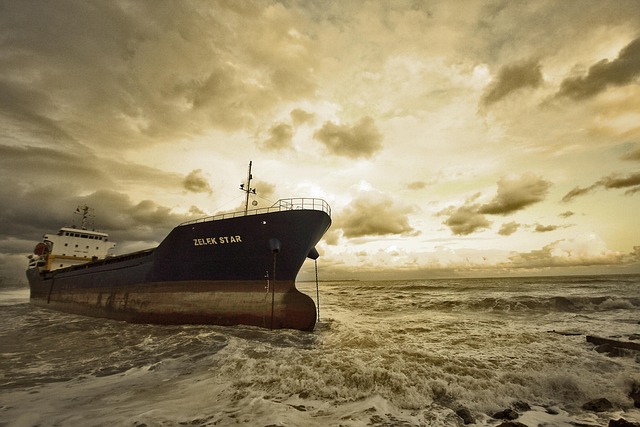
In the realm of fire academy training, virtual cargo tank environments offer a revolutionary approach to enhancing skills in a safe and controlled setting. These simulations provide a dynamic and immersive experience for firefighters, allowing them to practice critical response strategies without the risks associated with real-world scenarios, such as fire department rollover training. By replicating the complexities of cargo tanks, trainees can navigate challenging situations, learn efficient evacuation protocols, and develop robust communication skills within a virtual labyrinthine landscape.
Virtual reality technology enables instructors to create realistic, moister environments that mimic various conditions firefighters might encounter. This innovative training method not only prepares them for unexpected events during fire department rollover training but also fosters a deeper understanding of cargo tank dynamics. As a result, firefighters gain confidence and proficiency in handling emergencies, ensuring they are equipped to respond swiftly and effectively when facing the unpredictable.
Safety First: Preparing for Unpredictable Events
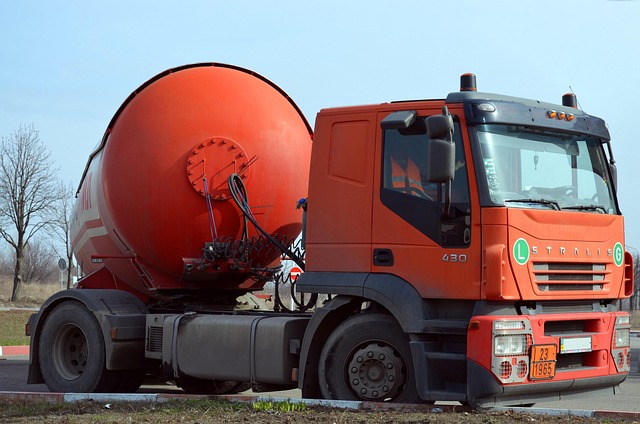
In the fast-paced and high-pressure environment of a fire academy, preparing for the unpredictable is paramount. Cargo tank training simulators offer a safe space to rehearse scenarios that are often rare but devastating: vehicle rollovers, fuel spills, and other hazardous situations. These simulations allow firefighters to gain invaluable experience without putting themselves or others at risk. By practicing emergency response protocols in a controlled setting, departments can enhance their readiness and ensure the safety of their personnel during real-world incidents involving large vehicles and hazardous materials.
Fire department rollover training becomes more than just a drill; it’s a crucible for mastering critical skills like quick thinking, effective communication, and coordinated team efforts. The immersive nature of these simulators replicates the sensory experience of an emergency, enabling firefighters to develop split-second decision-making abilities. Ultimately, prioritizing safety through this innovative training equips first responders with the confidence and expertise needed to face unpredictable events head-on.
Interactive Learning: Engaging Fire Academy Students
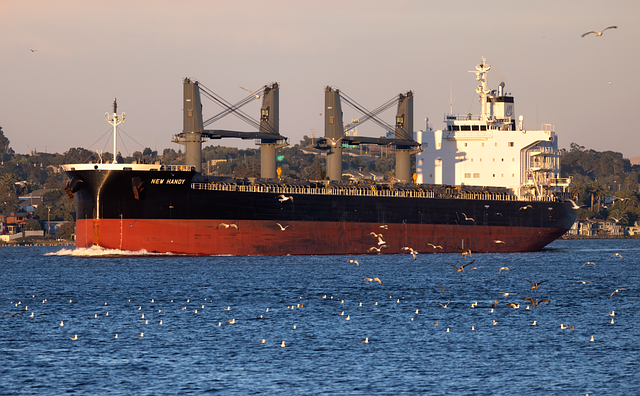
Interactive learning is a powerful tool for engaging fire academy students, especially when it comes to crucial skills like fire department rollover training. By incorporating virtual reality or advanced simulation technology into their curriculum, fire academies can create immersive environments that accurately replicate real-world scenarios. This not only enhances student engagement but also allows them to practice high-risk situations in a controlled and safe manner.
In these digital training grounds, students can experience the intensity of a rollover incident without endangering themselves or others. Interactive simulations offer a dynamic learning experience, enabling firefighters to make split-second decisions, apply appropriate tactics, and collaborate with team members under pressure. Through this hands-on approach, fire department rollover training becomes an effective means to sharpen skills, improve coordination, and ultimately save lives on the frontlines.
Mastering Skills: From Theory to Practical Application
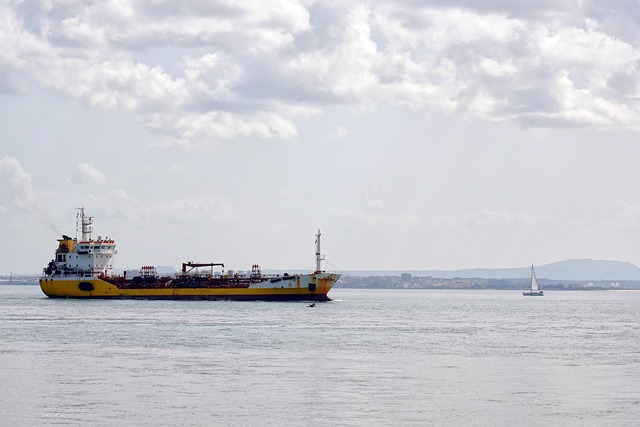
Mastering Skills: From Theory to Practical Application
The ultimate goal of any fire academy is to equip firefighters with both theoretical knowledge and practical skills, ensuring they are ready for real-world emergencies. Cargo tank training simulators play a pivotal role in this process, offering an immersive environment where recruits can transition from learning concepts to applying them effectively. Through simulated scenarios, firefighters gain hands-on experience in various critical tasks, including cargo tank operations, fire suppression techniques, and emergency response procedures.
This practical approach is particularly crucial for specialized training like fire department rollover training, which involves mastering the complex skills needed to handle vehicles involved in accidents. The simulator provides a safe space to rehearse these skills repeatedly until they become second nature. As firefighters navigate through simulated rollovers, they learn to react swiftly and efficiently, enhancing their overall preparedness and potentially saving lives in real-life disaster scenarios.
